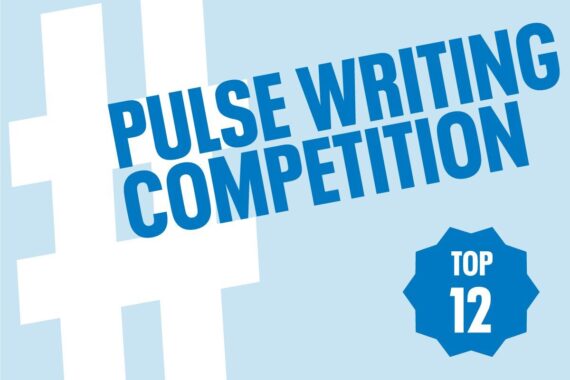On the theme ‘A case I’ll never forget’, Dr Anya Heywood writes about why doing nothing is sometimes braver than doing something
‘Sawubona, Mama’ I greeted the lady lying flat on her mattress in the optimistically named Women’s Surgical Ward. The light was always dim from the Zulu dust caked to the high windows, which the strip lighting struggled to improve. Women’s Surgical was a sad looking unpainted concrete block. It had its own heady aroma of sharp sweat and gangrene, and it contained more patients than beds.
Mama had her own bed though, as she was a large lady. In 2001, being a large lady in KwaZulu-Natal was a sign of health, as AIDS and TB swept indiscriminately through the land. But being large was not good for her in the end, as her diabetes – many years in the making and several more years woefully undertreated – had bitten back.
Mama had a gangrenous left leg, which was swollen and starting to blister. The colour was hard to identify, but there was heat and redness in the mid-thigh. Like most of our local patients in the hills of KwaZulu, Mama walked everywhere barefoot. Her feet were thickened and splayed, and also deeply cracked. She had limped about for a week or so before the pain and swelling stopped her in her tracks. Her family put a mattress on top of a wheelbarrow and brought her to us, a bone-jangling ride lasting a day and night.
She was delirious on the ward, no doubt helped with some morphine, and the nurses told me she’d been singing all night. ‘Sawubona’ means ‘I see you’. She took a surprised look at me, a slim white young woman and my small entourage of larger South African nurses. She said she was fine.
Perhaps she was a bit head down in the bed, or perhaps this always happened, but her large breasts, pendulous with past years of breastfeeding and then inexorable gravity, were resting either side of her head. One of the nurses giggled and tried to push a breast down on to her chest for propriety. But it slipped back to match the other one. The young nurse looked awkward and giggled again. Then Mama caught the mood and started laughing, a high-pitched girlish laugh, which shook her considerable frame. As she laughed, her breasts joined in her heaving chest and abdomen and joggled with separate rhythms either side of her ears.
The nurses fell about laughing with kindly exclamations in Zulu to Mama. I was also shaking with laughter, all attempts at professionalism abandoned, which allowed the other ladies on the ward and their relatives to join in.
We settled ourselves eventually, sobered by the knowledge that Mama’s chances of survival were really not great. Fully aware of the risks, we felt her only option was an amputation and we resigned ourselves to do that as high up her leg as we could manage in this little outback hospital that afternoon.
Zulu people feel they lose some part of themselves spiritually when a limb is lost. The decision is often delayed or refused even in overwhelming situations. However, the family and Mama seemed to consent as fully as I was able to gauge.
If I had that time again, I hope I would have made the braver call to do nothing rather than something. To preserve dignity rather than play such a risky game. But these are the lessons we learn over time, and I don’t blame the younger version of myself.
Despite our best efforts, Mama died a couple of days later. In my memory I recall her happy face as we, and her breasts, laughed with her. I see you, Mama.
Dr Anya Heywood is a GP in Middlesbrough, North Yorkshire
Pulse October survey
Take our July 2025 survey to potentially win £1.000 worth of tokens














lovely story well told
Thank you, Anya.